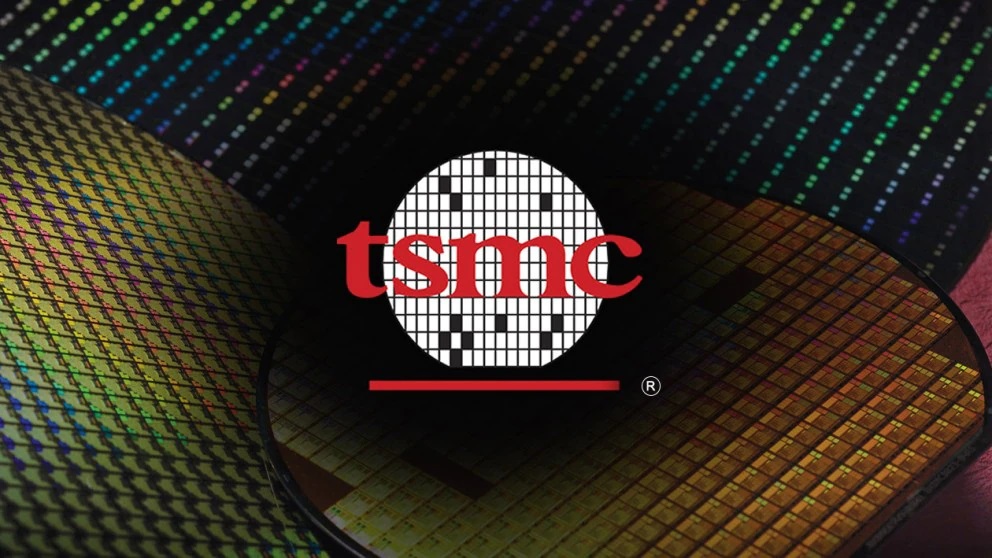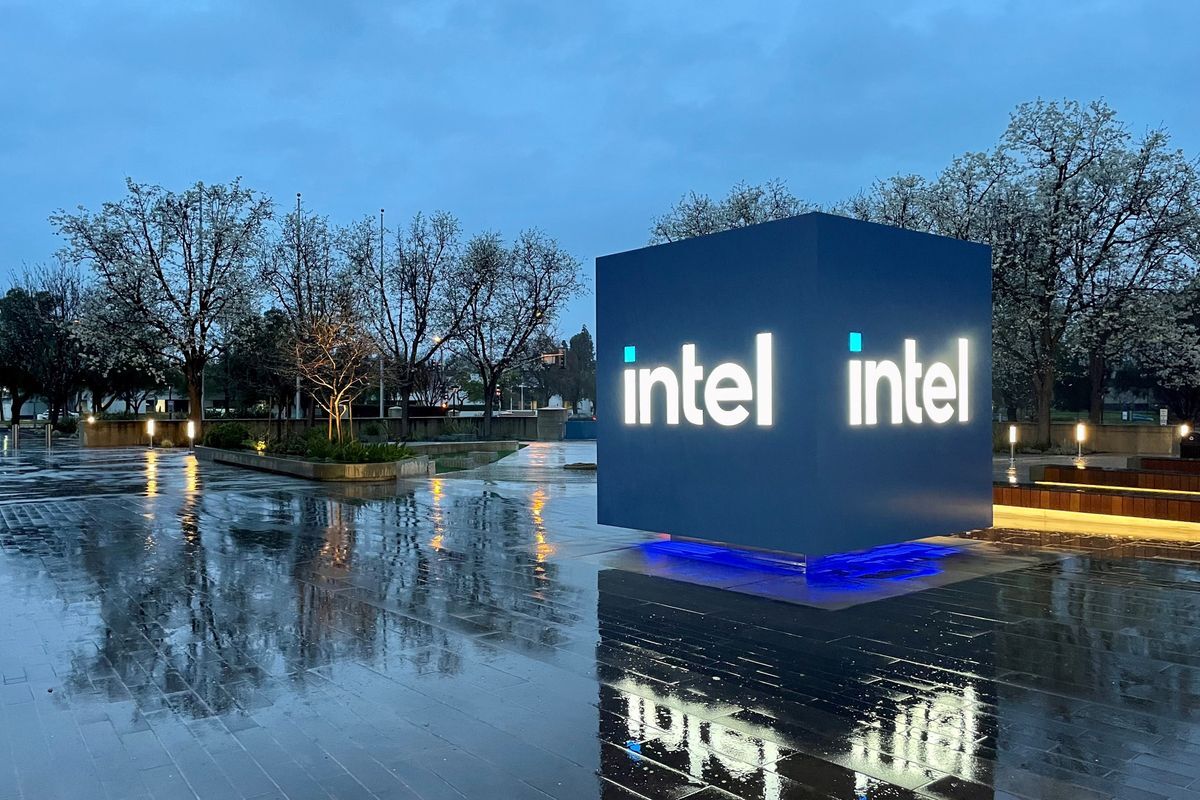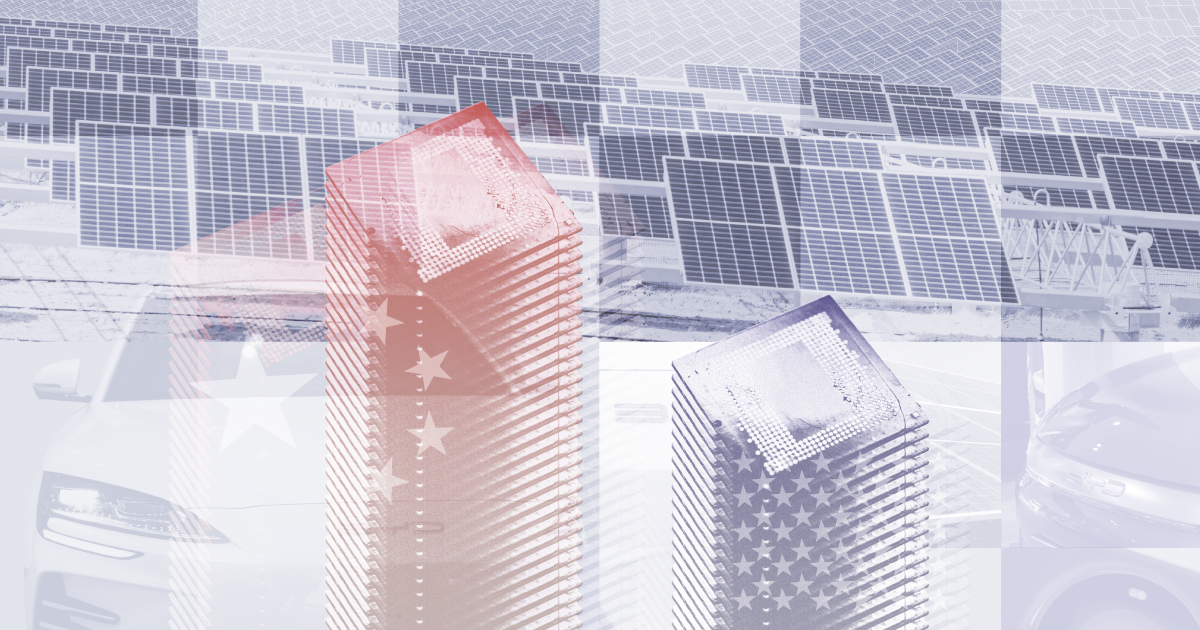☆ Yσɠƚԋσʂ ☆
- 4.47K Posts
- 5.58K Comments

 4·1 day ago
4·1 day agoUBI is the wrong solution in general in my opinion. The proper approach is to have universal basic services. People should have access to all the basic needs provided unconditionally. I think it will be interesting to see how China will handle automation as it will definitively show whether it is moving towards communism or not. In a capitalist society, rapid automation would mean mass unemployment and economic strife. However, in a socialist society automation can simply translate into having a shorter work week.
more info here https://www.nejm.org/doi/full/10.1056/NEJMoa1204781

 3·1 day ago
3·1 day agoIf you read the article, you’ll see that these are being used in combination with traditional automation. The advantage of humanoid robots is versatility and ability to work in spaces designed for humans. As a side note, I always find it amusing how people always assume that nobody bothered to think of these obvious arguments before going ahead and building these robots.

 4·1 day ago
4·1 day agoThis indeed would be a big problem in a capitalist society where people have to work for the sake of working.
The only good Russia is one that’s Balakanized and exploited by western oligarchs.

 5·2 days ago
5·2 days agoThere’s some truth to that, but realistically speaking I think the window of opportunity on that has closed now. The US has lost every one of their own war games against China in South China Sea. So, if China decided to take military action there’s little the US can do short of starting a nuclear war.

 9·2 days ago
9·2 days agoTSMC doesn’t care about preserving anything. The chips being made in Taiwan is their ace card in getting western support. If they ever started making cutting edge fabs elsewhere then their importance to the west would fizzle.

 161·8 days ago
161·8 days agoA reminder that wordle started life as a free, vanilla javascript website with no DRM and not owned by the NYT, you can download and run it as a single self contained HTML file from there https://github.com/sneakers-the-rat/local_wordle

 1·10 days ago
1·10 days agoNah, it’s the same kind of genocide on both tracks, but one track allows liberals to pretend to have morals.

 11·10 days ago
11·10 days agoAh yes, 99% Hitler is obviously a reasonable choice. 🤡

 2·10 days ago
2·10 days agoThe fact that you don’t understand how utterly imbecilic this argument is means there’s no point having a discussion with you.

 21·10 days ago
21·10 days agoThe argument basically comes down to you being fine with genocide as long as it doesn’t affect you personally.

 31·10 days ago
31·10 days agoThat’s why PSL exists.

 41·10 days ago
41·10 days agoThat’s right, liberals just want a genocide to be done with a certain level of decorum that allows them to ignore what’s actually happening.

 73·10 days ago
73·10 days agoThat’s a self fulfilling prophecy. Your whole argument would be like a German in 1930s saying they just have to vote for the nazis because that’s the only option on the table. If you don’t see the absurdity of that then you’re beyond all hope.

 74·10 days ago
74·10 days agoVoting for Kamala is a vote for genocide plain and simple. You can do as much sophistry here as you want, but it’s not going to change that simple fact. A better option is obviously to vote for a party like PSL that is not supporting genocide, but again you don’t actually care. You’re fine with genocide being conducted in your name as long as you’re not affected. That’s the truth. You know it and I know it.

 66·10 days ago
66·10 days agoLike I said, as long as people being genocided are far away it’s fine. As long as you don’t have to look at the horrors, or be personally affected by them. Shallow self interest doesn’t impress me.













Indeed, and I’d argue most of actual useful industry exists outside the west at this point.